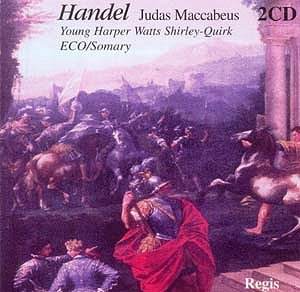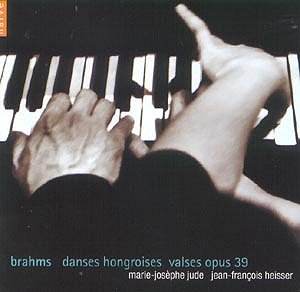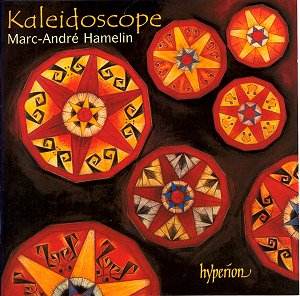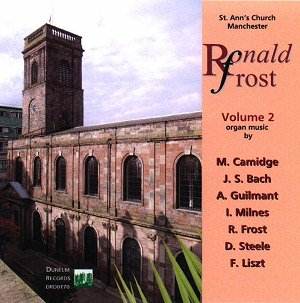 Composer: Georg Friedrich Handel
Composer: Georg Friedrich Handel
Works: Judas Maccabaeus
Performers: Heather Harper, soprano; Helen Watts, contralto; Alexander Young, tenor; John Shirley-Quirk, bass; Amor Artis Chorale; English Chamber Orchestra; Johannes Somary, conductor
Recording: Originally released by Vanguard Classics, 1971; Regis RRC 2007 [2 CDs 143.54]
Label: REGIS
Handel’s oratorio Judas Maccabaeus, composed in 1746, stands as a testament to the composer’s ability to meld dramatic narrative with anthemic choral writing, reflecting the socio-political tensions of his time. The oratorio, which dramatizes the Maccabean revolt against Hellenistic oppression, resonates with themes of heroism and spiritual resilience. In this 1971 recording, originally released by Vanguard Classics and now reissued by Regis, we encounter a performance that, while bearing the marks of its era, offers a compelling glimpse into the interpretative practices of the time.
The interpretation by conductor Johannes Somary and the English Chamber Orchestra embodies a lush orchestral sound that is characteristic of mid-20th century performances. Strings, while occasionally heavy with vibrato, exhibit a warmth that complements the emotive qualities of Handel’s music. The choral movements, though somewhat dense, possess a punchy vitality that captures the fervor of the Israelites’ plight. The Amor Artis Chorale delivers robust sound, particularly in the celebratory “See, the Conquering Hero Comes,” where the ensemble’s enthusiasm is palpable, if not slightly overshadowed by the sonic weight of the orchestration.
Solo performances stand out for their emotional depth, albeit within a framework that might feel dated to contemporary listeners. John Shirley-Quirk’s bass exudes authority, employing a rich timbre that commands attention, particularly in his aria “The Lord is a Man of War,” where his interpretations balance gravitas with lyricism. Alexander Young’s tenor, while showing signs of age, still carries a certain nostalgia, particularly in “Tis well, my friends,” where his voice interacts intriguingly with the delicate harpsichord accompaniment. The choice to feature two female soloists, Harper and Watts, for parts originally designated for male roles offers an interesting twist, although it does raise questions regarding the authenticity of gender representation in the performance. Their duet, while technically proficient, occasionally lacks the dramatic tension one might expect from the roles of “Israelite woman and man.”
The recording quality reveals both its strengths and weaknesses. The warmth of the sound, perhaps indicative of the analog recording technology of the period, lends a certain charm, yet the overall clarity suffers in busier passages where the choral and orchestral textures can become muddied. This is particularly evident in the climactic sections, where the intricate counterpoint of Handel’s writing can be obscured. Comparatively, more recent recordings have embraced historically informed performance practices that prioritize clarity and a more restrained vibrato. Such modern interpretations often favor transparency over the lushness that characterizes this recording, providing a stark contrast that highlights the evolution of Handel performance practice.
This recording, while undeniably dated in its approach, continues to provide value for those interested in the historical performance practices of the late 20th century. The emotional engagement and the strong individual vocal performances contribute significantly to its appeal. The sense of nostalgia it evokes is as palpable as the historical context it reflects, making it a worthwhile listen for both aficionados of Handel and those curious about the interpretative landscape of earlier generations. The emotional weight carried through the choral and solo lines ensures that, despite its imperfections, Judas Maccabaeus remains a powerful testament to Handel’s enduring legacy.



